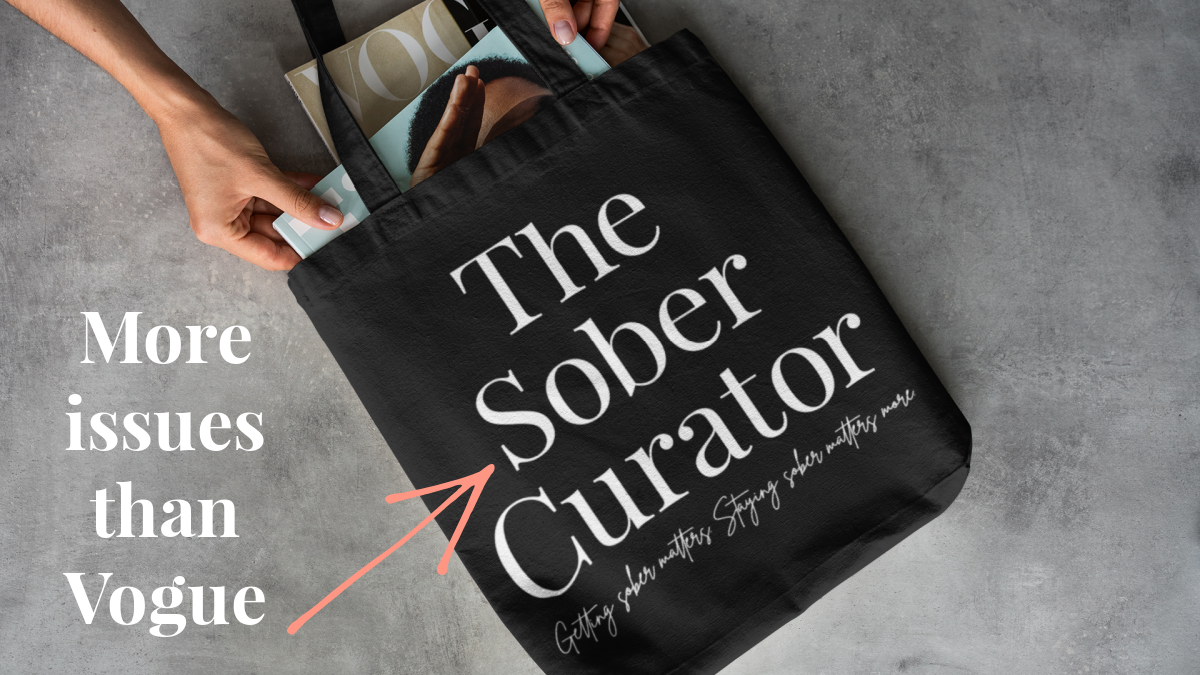“Recovery isn’t about fitting into someone else’s mold — it’s about finding what sets you free.”

In Episode 6 of “You’ve Been Selected,” I break down my personal recovery framework — one that’s built on experience, humor and the hard-won lessons of sobriety. I call it the Faucets of Freedom, and it’s not some secret cure or magic trick. There’s no shortcut to sobriety — just a willingness to show up and do the work. WHAC is simply an acronym I put together to highlight key components that have helped me along the way.
At its core, WHAC stands for Willingness, Honesty, Humility, Humor, Abstinence and Consistency — the faucets I turn on every day to keep recovery flowing. These aren’t rigid rules; they’re practices. Some days, I get it right. Other days, I don’t. But by focusing on these principles, I’ve built a life in sobriety that feels sustainable, empowering and yes — even fun.
Breaking Down the WHAC Framework
🔹 Willingness – You don’t have to know all the answers, but you have to be open. Open to trying. Open to failing. Open to getting back up again.
🔹 Honesty (The Triple Threat: Honesty, Humility, Humor) – It’s not just about telling the truth. It’s about seeing yourself clearly. Honesty means facing reality, even when it’s uncomfortable. Humility means knowing you don’t have all the answers. And humor? Well, without that, I wouldn’t have made it this far. Recovery is messy and absurd, and if we can’t laugh at ourselves, we’re missing out on a powerful survival tool.
🔹 Abstinence – Whatever that looks like for you, it’s about removing the things that keep you stuck in the cycle. For me, that meant alcohol, but it also meant letting go of toxic patterns and beliefs.
🔹 Consistency – You don’t recover in a day. Small, repeated actions — showing up, doing the work, leaning on support — create real change.
Why WHAC Works (When You Work It)
This framework isn’t about perfection — it’s about practice. Some days, I suck at honesty. Other days, my willingness is shot. That’s okay. The goal isn’t to check these off a list and call it a day — it’s to return to them, over and over again, as guides.
If you’re looking for a recovery approach that’s real, practical and maybe even a little funny, Episode 6 is for you.
🎧 Listen to Episode 6 Now:

YOU’VE BEEN SELECTED: Sober Curator Contributor Kate Vitela has been an RN in Pacific Northwest for over two decades and sober since 2018. You’ve Been Selected is a column that describes her journey through coaching, addiction, eating disorders, and what is now known as Drunkorexia.

WALK YOUR TALK is The Sober Curator’s style destination for those redefining what it means to live vibrantly alcohol-free. From runway-ready ensembles to effortless everyday glam, we celebrate confidence, clarity, and the joy of dressing boldly without the pre-funk or party drinks.
More than a fashion column, Walk Your Talk highlights curated finds from our #ADDTOCART section, spotlights sober-owned small businesses, and showcases unique merch that makes your alcohol-free journey unapologetically chic. We proudly partner with the Break Free Foundation, bringing sobriety’s brilliance to the runway during New York Fashion Week and beyond.
💫 Because the best thing you can wear is clarity, confidence, and a killer sense of style.

RECOVERY PODCASTLAND & NETWORK at The Sober Curator is your audio haven for all things sobriety and recovery. We’re your bee-zy sober podcast enthusiasts, curating the best shows that educate, inspire, and entertain in the alcohol-free space.
Our archives are neatly organized so you can easily explore Recovery Podcastland—featuring our favorite recovery-based podcasts from across the globe—and the TSC Podcast Network, where we share our own original shows on sober lifestyle, pop culture, travel, entertainment, and more.
Whether you’re seeking practical recovery tips, personal stories, or uplifting inspiration, this is your go-to listening guide.

Resources Are Available
If you or someone you know is experiencing difficulties surrounding alcoholism, addiction, or mental illness, please reach out and ask for help. People everywhere can and want to help; you just have to know where to look. And continue to look until you find what works for you. Click here for a list of regional and national resources.






